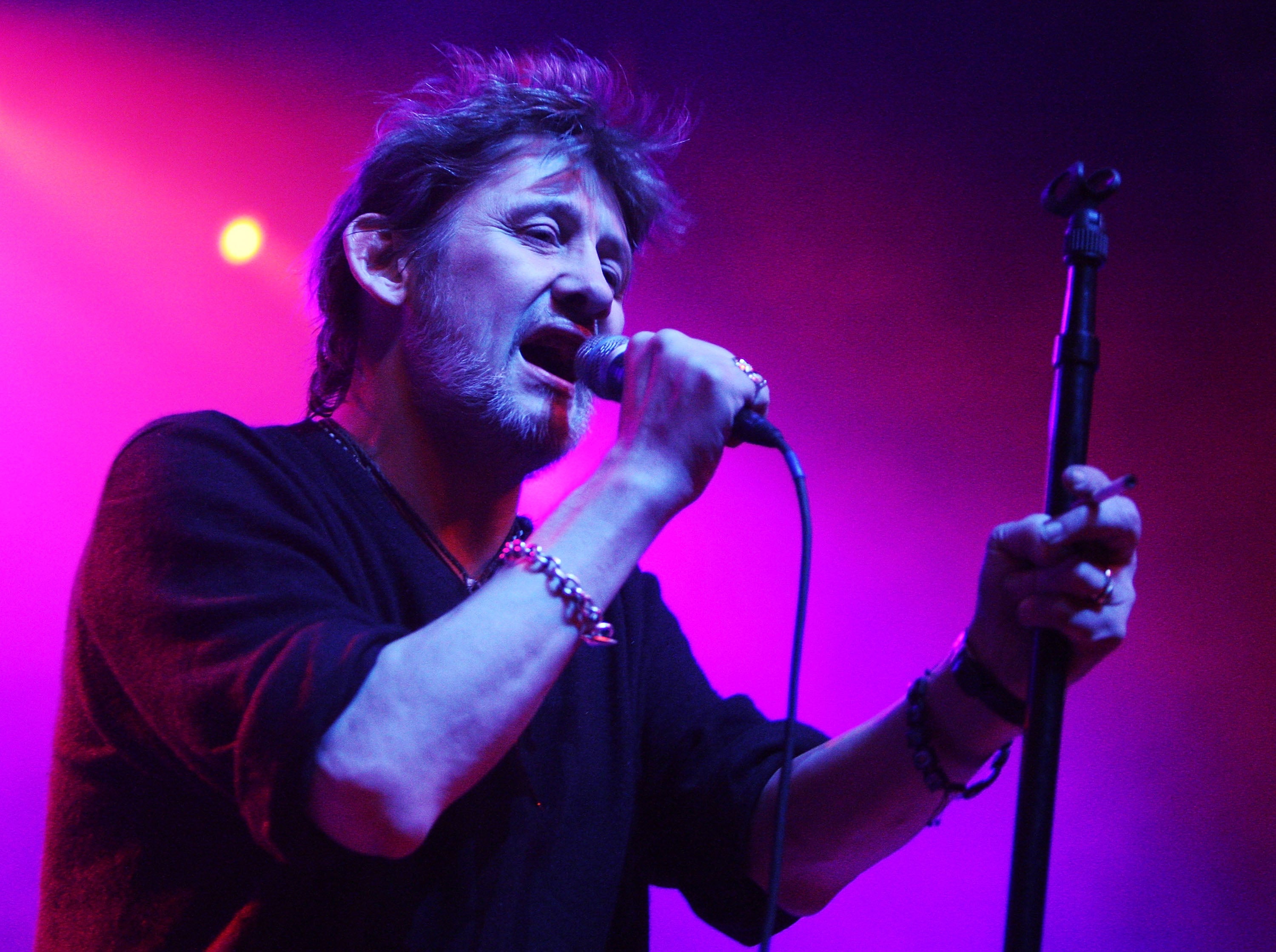ARTICLE AD BOX
“F*** me, this is so fun,” says “Spider” Stacey, to the ebullient crowd at London’s Brixton O2 Academy. It doesn’t take a body language expert to tell that they agree.
When he says this, the Pogues’ current de facto frontman – bedraggled, energetic and prone to feral whooping – is halfway through a setlist comprised entirely of tracks from 1985’s masterful album Rum Sodomy & the Lash. This is a very different band to the Pogues of 40 years ago, with Shane MacGowan, the band’s talisman and a songwriter of rare brilliance, having died in November 2023. Only three original Pogues are here, the others being banjoist Jem Finer and multi-instrumentalist James Fearnley; the rest of the lineup (nine-strong at first, with a brass section joining partway through, and starry guest vocalists in spurts) are mostly younger. And yet, in the thick of the frenzied Irish singalong, nothing really seems to have changed at all.
The worry with an event like this – part of a short UK tour to celebrate the album’s anniversary – is that it would take on the sort of staid, respectful air of a “tribute night”, especially with MacGowan’s death still being so fresh in the memory. But it doesn’t. The excellent and engaged guest vocalists don’t hurt: Nadine Shah’s rendition of the elegiac war ballad “Pair of Brown Eyes” is almost entirely drowned out by the crowd’s accompaniment, but her voice cuts through elsewhere, on “The Old Main Drag”. John Francis Flynn, meanwhile, gives “The Band Played Waltzing Matilda” its bittersweet due.
MacGowan is barely mentioned throughout the evening, bar a dedication before a potent performance of “The Parting Glass”, but he is, nonetheless, everywhere. It sounds trite to say that he lives on in his music, but he really, truly does. The cumulative effect of hearing his songs, one after the other, seems to fill the room with his spirit. There is a continuity, too, in Stacy, whose ramshackle delivery renders some of the more rapid lyrics rather unintelligible – a style surely befitting MacGowan, whose beautiful poetry would, on stage, usually turn to slurry in his mouth, shooting out at the microphone indecipherably.
There’s always been a sort of contradiction at the heart of the Pogues’ music: it’s a paradox that manifested in MacGowan himself – a hard-living rabble rouser with a soulful lyrical grace – but one that also becomes obvious watching the Pogues live. Poignant words are belted out drunkenly by a crowd in full voice. People begin crowd-surfing through the wonderful slow ballad “A Man You Don’t Meet Every Day” (sung terrifically by harpist Iona Zajac). There’s a strange incongruity there – but that is the Pogues at their core.

What negatives there are to take away from the evening are mostly technical, and not ruinous. As is often the case in Brixton’s biggest music venue, the sound mixing is far from optimal – the middle ranges get drowned out in a thick-sided sandwich of bass and treble. Plenty of drums, then, and banjo and tin whistle, but the guitar, harp, and even brass are often difficult to pick out.
Towards the end of the gig – a relentless affair, lasting nearly two hours – I’m struck by a truly unusual feeling. Lisa O’Neill takes the microphone to perform the band’s Ewan McColl cover “Dirty Old Town” and MacGowan’s own “Rainy Night in Soho”. O’Neill is vibrant; the crowd is deafening. They are songs I, everyone else in the room, and indeed whole swathes of the world, will have heard dozens if not hundreds of times before. They are perfect songs, heaven-sent songs, among the greatest ever written. “Now the song is nearly over,” sings O’Neill. “We may never find out what it means / Still there’s a light I hold before me / You’re the measure of my dreams.” The loss of Shane MacGowan is impossible to ignore. But to see his genius living on without him is a gift.








 English (US) ·
English (US) ·